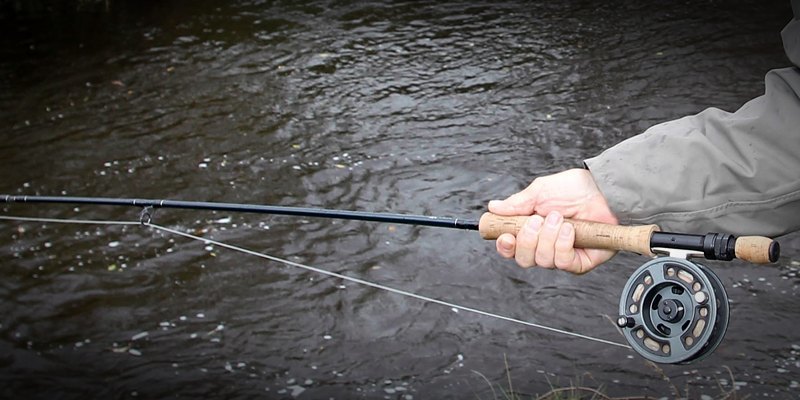River Tay anglers are considering legal action against Perth and Kinross Council after it turned down a bid to legally restrict the number of rafters using the upper stretches of the river.
The Tay District Salmon Fishery Board, through Fish Legal, said an “incessant tide of rafts” has made angling “impossible” and wanted a byelaw to govern use of the economically important river.
The council threw out that request with little debate earlier this week, prompting a furious blast by Fish Legal, formerly the Anglers’ Conservation Association.
The group’s solicitor Robert Younger said, “It is hardly surprising that the council has not received any evidence in support of a byelaw, for the simple reason that they have not asked for any, despite my repeated requests to be allowed to do exactly this.
“This decision was reached without proper consultation. The first we knew of it was when it appeared in the local press.”
Councillors at Wednesday’s community safety committee meeting said there was no evidence rafters are abusing their rights-granted under the Land Reform Act and urged the parties to get back around the table.
Tayside Police also opposes a byelaw, saying it would be practically unenforceable.
The Tay District Salmon Fishery Board, which has a legal duty to protect and enhance salmon fisheries, say catches have collapsed and capital and rental values of the fisheries have plummeted.Failed 50-50 splitIt called for a byelaw after claiming five years of negotiation involving the Land Access Forum, including an offer of a 50-50 split of river time, had failed.
Mr Younger said, “I believe that most people in the fishing community are happy to share the water with recreational canoeists and kayakers but unending flotillas of commercial rafts are an entirely different matter.”
Michael Campbell, chairman of the Upper Tay Riparian Owners’ Association, said, “It is very disappointing that, although the Local Access Forum stated so categorically that angling and rafting were simply incompatible and that they must operate independently and equally, these points were so conveniently ignored by Perth and Kinross Council.”
David Summers, director of the Tay District Salmon Fishery Board, added, “There is absolutely no doubt that rafting activity has done very substantial damage to salmon fisheries on the Tay.
“The council has a duty to be even-handed and impartial in helping to resolve this impasse. It is regrettable that it appears to be biased in favour of the rafters.”
Dr Alan Wells, policy and planning director for the Association of Salmon Fishery Boards, said, “The fishery owners were prepared to reach a compromise agreement with the rafting companies, and despite the support of the wider access forum, Perth and Kinross Council chose to disregard that.”
A council spokesman said, “For a byelaw to be considered the council would have to be convinced that the nuisance merits criminal sanctions and that the byelaw could be effectively enforced.
Continued…
“We have received no evidence to demonstrate that rafting companies have acted irresponsibly, or that commercial fishing interests have suffered economically as a result of rafting.
“In addition to this, it is difficult to see how such a byelaw could be enforced. The council does not have the staffing resources to enforce it, and Tayside Police has indicated that they cannot justify agreeing to the introduction of a byelaw.
“Without an enforcement agency it’s unlikely that a byelaw would be confirmed by Scottish ministers. Overall, we do not think the introduction of a byelaw in this case is appropriate or practical.
“The most appropriate and sensible way of resolving this dispute is through voluntary agreement between the parties, and work should continue towards reaching that goal.”
“There was no requirement for officers of the council to carry out any consultation in taking the matter to committee.
“The committee decided that it had not been presented with sufficient information by the fishing community that made the case for considering new byelaws.”
